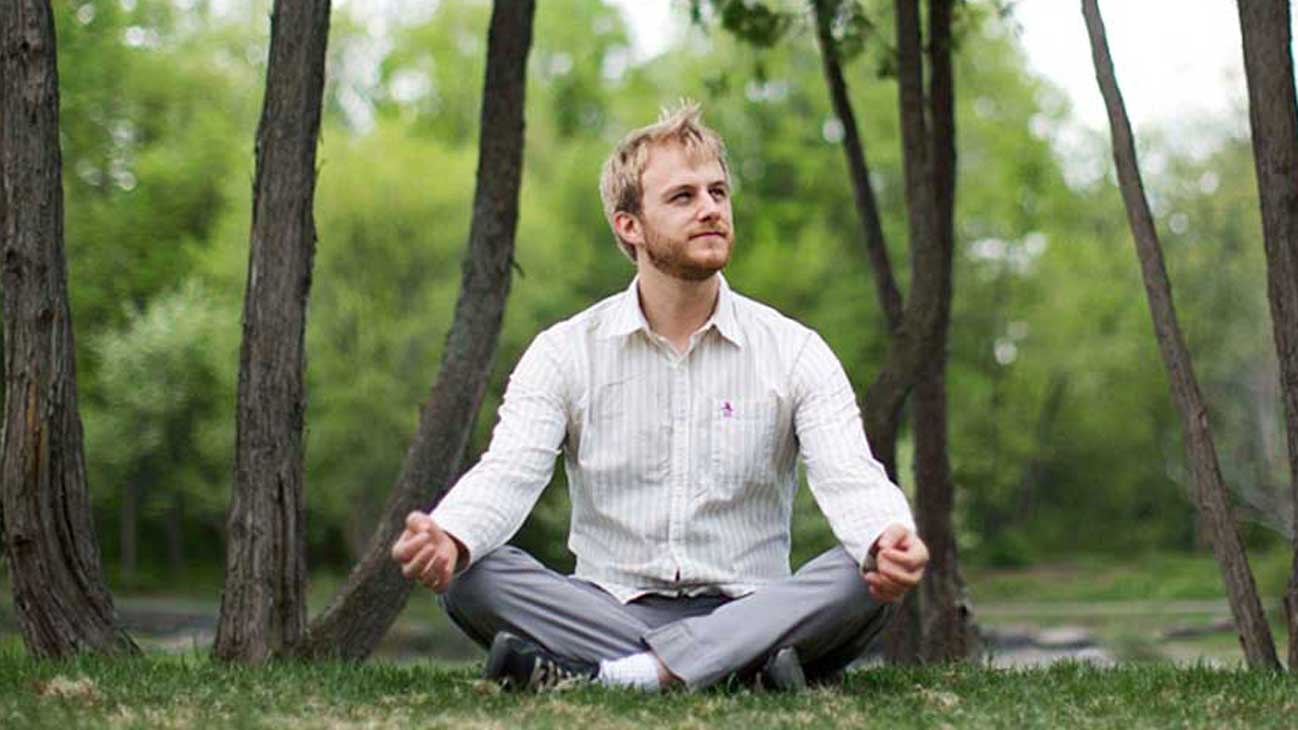When Chris Bailey graduated from university, he received two full-time job offers, but declined them both to dedicate a year to exploring his weird passion: productivity. Within that year, he conducted dozens of productivity experiments on himself, such as living in total isolation for ten days, only using his smartphone for an hour a day, and even working 90-hour weeks. Called “the most productive man you’d ever hope to meet” by TED Talks, a “productivity mastermind” by Fast Company, and “a quirky and energetic guide through the productivity thicket” by the Harvard Business Review, Chris shares his research conducted over the past ten years, and the research of the world’s foremost productivity experts, to explain what works and what doesn’t when it comes to accomplishing more. Here, Chris writes about the importance of considering people when it comes to productivity:
In my office sits a large terrarium I got for my birthday.
I find terrariums fascinating. I don’t know a lot about plants, but love the idea that a small system comprised of not much more than water, soil, and a few plants can sustain itself. The problem, though, is that when a terrarium is even slightly off-balance—if one plant sips more water than the others, or the plants are over or under-exposed to sun—the whole ecosystem suffers.
This is exactly what happened to my terrarium. The original ecosystem was comprised of some of the greenest plants I’ve seen—that is, until one plant sucked up more water than the others. Now the original ecosystem is down to just one succulent. There’s no more moss, and the smaller plants are gone—all at the expense of that one greedy succulent.
The ironic part is that this plant won’t make it either—it can’t continue to grow and thrive without an ecosystem to sustain it in the long-run.
I’d argue that this is true for people, too. Take what Gandhi considers to be the seven social sins:
- Wealth without work;
- Pleasure without conscience;
- Knowledge without character;
- Commerce without morality;
- Science without humanity;
- Religion without sacrifice;
- Politics without principle.
All seven sins play to this same basic idea: we don’t live in a closed ecosystem. We throw the entire system off-balance when we don’t account for the fact that our actions affect the people and the world around us.
Whether we realize it or not, many of our actions do this. One off-handed comment we make as a joke can sit with someone for years. One world leader can, with the press of a button, wipe out a significant portion of the map. Any person who doesn’t consider others when making decisions will negatively impact an entire ecosystem. This is even more true for those we trust with greater power, including the leaders we hire and elect. Because we live in a hyper-connected world, the results of our decisions—positive or negative—come back around to us, like the one plant in my terrarium that survived at the expense of all the others.
In my opinion, keeping others in mind is more important today than it has ever been. This extends to our productivity, too: it doesn’t matter how productive we are when we don’t consider others in the process—how long working hours affect our family; how pushing our team members affects their happiness, morale, and personal life.
One of the most illuminating productivity experiments I conducted during my year of productivity was living in total isolation for 10 days. For 10 days, I cut myself off from others, and lived in the basement with my laptop and a bunch of canned food. My goal was to see the productivity impact of not being surrounded by people. Not only were my productivity and mood totally depressed this week, but the experiment showed me something essential: surrounding ourselves with other people is not just important to stay engaged and motivated with our work.
People are the reason we strive to become more productive in the first place.
If you woke up in the morning and found you were the only person left on Earth, it wouldn’t matter how productive you were. The best possible reason to invest in your productivity is to help others more—when you become more productive, you have the opportunity to have a bigger impact and make a difference.
Your actions, words, and decisions affect others—perhaps more than you think. When in doubt, zoom out, and consider the broader ecosystem you live and work in. Don’t become the solo succulent.

